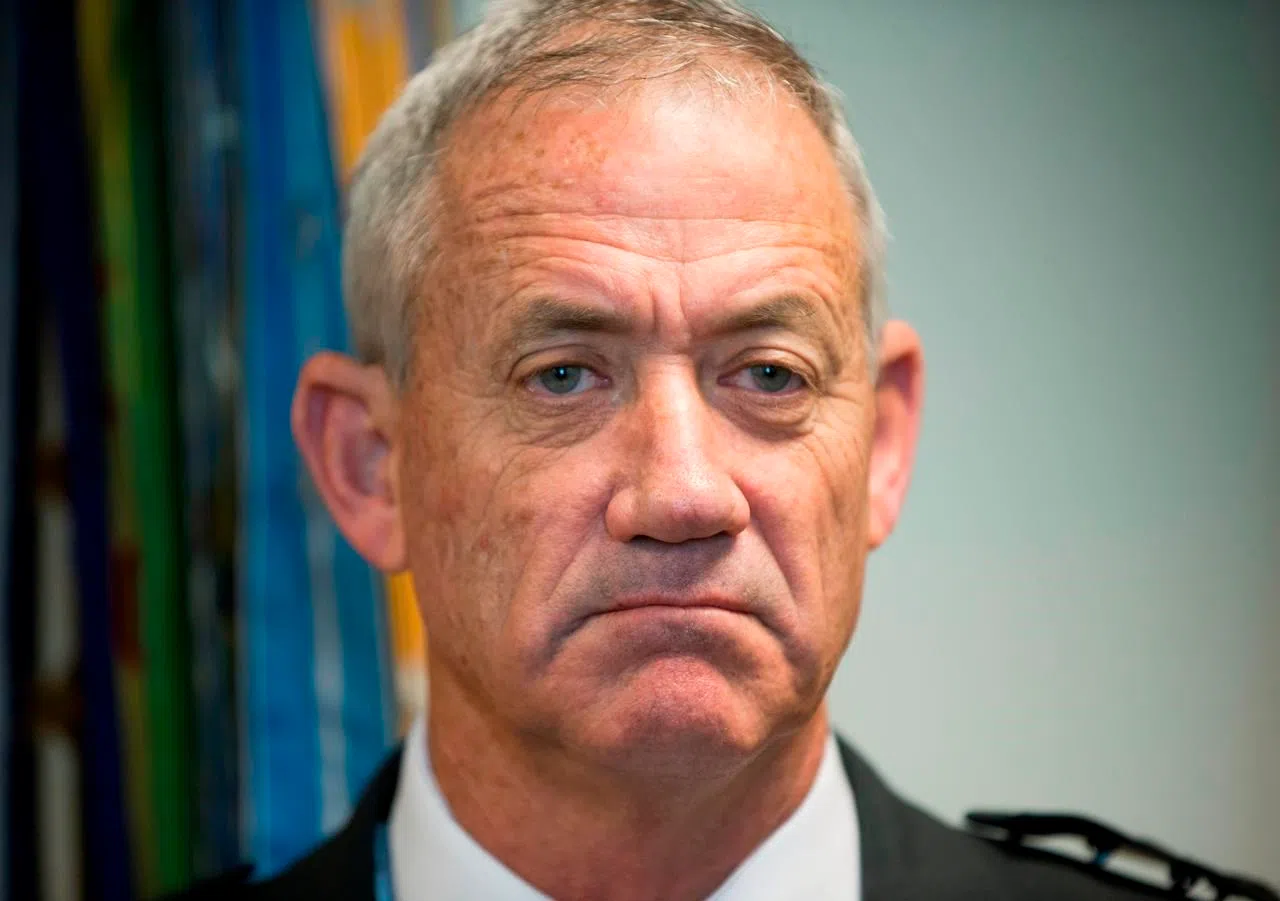
Popular former military chief jumps into politics in Israel
JERUSALEM — A popular former Israeli military chief jumped into the political fray Thursday, announcing he would run for office in the upcoming election and instantly injecting a potent challenge to Prime Minister Benjamin Netanyahu’s lengthy rule.
Retired Lt. Gen. Benny Gantz has been polling favourably in recent weeks, emerging as a fresh, exciting face in Israel’s staid political landscape. By officially registering his new party, “Israel Resilience,” Gantz shakes up a snap three-month election campaign that has been widely seen as Netanyahu’s to lose.
Even before officially announcing his candidacy, several polls showed Gantz’s hypothetical party coming in second only to Netanyahu’s ruling Likud in a crowded field of contenders in the April 9 vote. A second-place finish would position Gantz for either a top Cabinet post in a Netanyahu government or to be a high-profile opposition leader.
Gantz has yet to comment publicly on the new party. Though he has yet to lay out his worldview or political platform, he flaunts stellar military credentials — a must in security-centric Israel — and a squeaky-clean image to contrast Netanyahu’s corruption-laden reputation.


